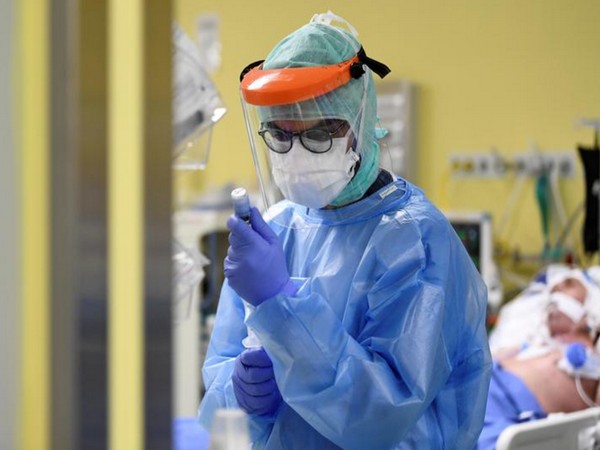COVID-19 downturn in Singapore to be more deeper, protracted than past recessions
“At the same time, the shock will continue to propagate through the demand side of the economy as firms and households continue to be restrained by income loss and increased uncertainty, therefore holding back on investment and discretionary spending.” MAS expects economic momentum to slow in the final quarter of 2020, reiterating the Ministry of Trade and Industry’s (MTI) earlier projection that the economy will contract between 5 and 7 per cent for the full year. Singapore on Wednesday reported seven imported cases of COVID-19.

- Country:
- Singapore
The ongoing economic crisis caused by the COVID-19 pandemic is “deeper and likely to be more protracted” than past recessions in Singapore, the city-state's central bank said in a report on Wednesday. Some sectors of the economy, especially those that are travel-related, may not return to pre-pandemic levels by the end of next year as the Singapore economy faces a “gradual but uneven” recovery, the Channel News Asia reported, citing the report by Monetary Authority of Singapore (MAS). The travel sector is expected to see prolonged headwinds as borders reopen “very gradually”, said MAS. Singapore may “lag the global recovery in air transport given the absence of domestic flights,” cautioned the MAS.
Even though green lanes and travel bubbles are being progressively rolled out, the revival of cross-border travel may be “hesitant” due to recurrent waves of infection and strict travel measures. In the consumer-facing sector, the initial boost - due to the easing of distancing measures in the third quarter - is expected to wane in the final three months of the year, said MAS.
“On the demand side, it remains unclear whether the early rebound in the retail and F&B sectors from pent-up consumer demand can be sustained, as tourist arrivals will stay depressed and heightened economic uncertainty will continue to cap discretionary spending by households,” the central bank said. Some of the sectors that have held up amid the pandemic could also moderate moving ahead.
The pharmaceutical segment, for instance, could see a decline in the level of activity in the coming quarters. Improvements in the labour market will likely be “uneven and slow”, with the resident unemployment rate – made up of citizens and permanent residents – likely to stay elevated in 2021, keeping wage growth low, said MAS.
The pandemic and a “circuit breaker” implemented to curb the spread of COVID-19 dragged the Singapore economy into a record slump in the second quarter. The resumption of business activities following the end of the circuit breaker may have slowed the economic decline in the third quarter, but this effect is not expected to last into the fourth quarter.
“With most industries already reopened, the supply-side impetus to growth will taper off in the quarters ahead,” the central bank said in its report. “At the same time, the shock will continue to propagate through the demand side of the economy as firms and households continue to be restrained by income loss and increased uncertainty, therefore holding back on investment and discretionary spending.” MAS expects economic momentum to slow in the final quarter of 2020, reiterating the Ministry of Trade and Industry’s (MTI) earlier projection that the economy will contract between 5 and 7 per cent for the full year.
Singapore on Wednesday reported seven imported cases of COVID-19. All seven imported cases were placed on stay-home notice upon arrival in Singapore, the Ministry of Health (MOH) said. There was no local case from the community or either from the foreign workers’ dormitories which had been the biggest clusters for spreading the coronavirus at peak.
With Wednesday’s cases, Singapore’s total COVID-19 tally reaches to 57,987. The city state’s Multi-Ministry Taskforce regularly reviews border measures to manage the risk of importation and onward local transmission from travellers, said MOH.
“Given the surveillance regime that we have put in place for travellers serving Stay-Home Notice (SHN) at their own residence, we will also adopt a risk-based approach and allow more travellers to serve their 14-day SHN at a suitable place of residence,” it said. From January 1, 2021, all incoming travellers will also be required to pay for their stay at dedicated SHN facilities, and will be responsible for their inpatient medical bills if they have onset of symptoms of COVID-19 within 14 days of their entry to Singapore, said MOH.
The six imported cases, reported on Monday, came from Japan, France, Indonesia and the United Kingdom. Forty-three confirmed cases are currently in hospital while 26 are recuperating in isolated community facilities for mild symptoms.
Four people have recovered from the virus and were discharged from hospitals on Monday, taking the total recoveries to 57,883.
(This story has not been edited by Devdiscourse staff and is auto-generated from a syndicated feed.)










